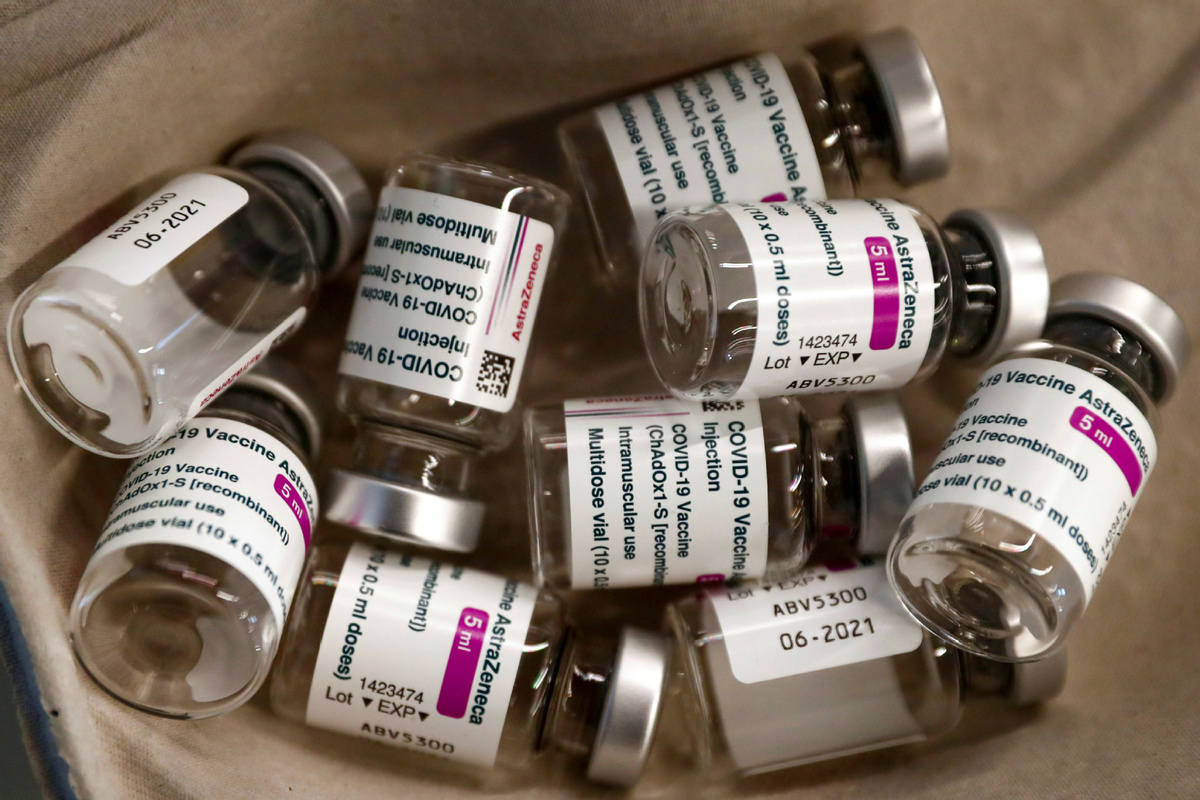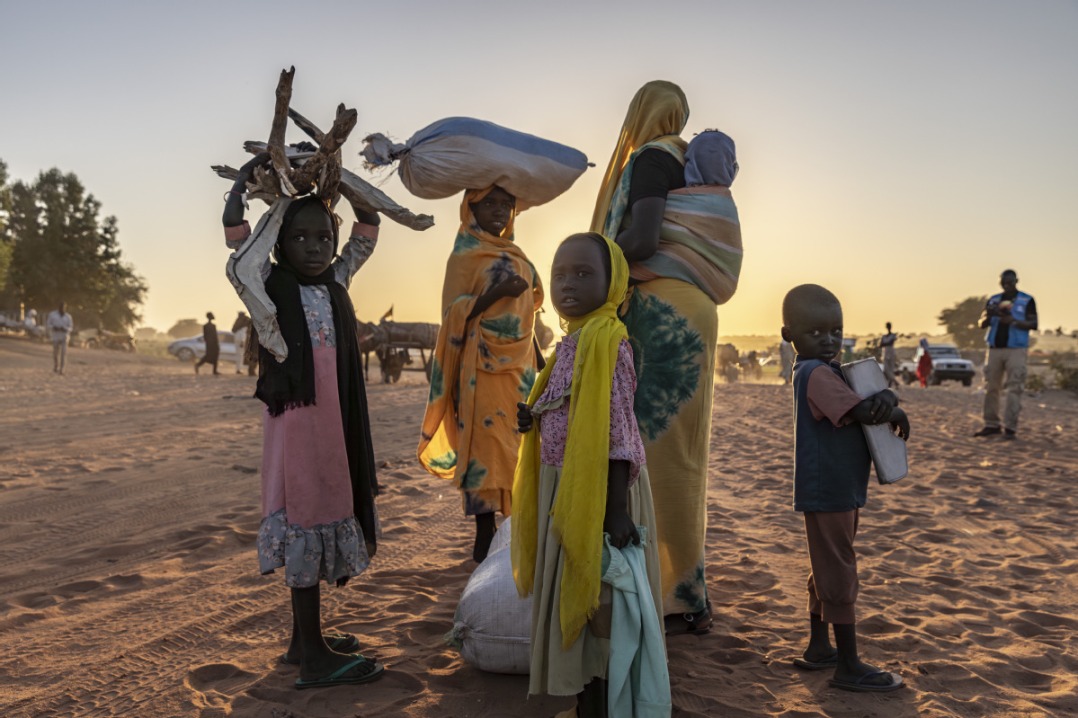US: AstraZeneca results may have included outdated info


WASHINGTON — AstraZeneca may have included “outdated information” in touting the effectiveness of its COVID-19 vaccine in a U.S. study, federal health officials said Tuesday in an unusual public rift that could further erode confidence in the shot.
In response, AstraZeneca said that it is working on more up-to-date information and that the more recent findings are consistent with the earlier ones. It promised an update within 48 hours.
It was not clear exactly what concerns U.S. health officials have. But the unprecedented tension erupted just hours after AstraZeneca released information it hoped would help settle lingering questions about the effectiveness of a vaccine that is being widely used in Europe and other parts of the world and is about to be considered for use in the U.S.
The company announced on Monday that a predominantly U.S. study of 32,000 volunteers showed its vaccine was 79% effective in preventing symptomatic COVID-19 disease. It also stressed there were no severe illnesses or hospitalizations among volunteers given the vaccine, compared with five cases among those given dummy shots.
But shortly after midnight, the National Institutes of Health issued a statement saying the independent monitors that oversee the study had “expressed concern that AstraZeneca may have included outdated information from that trial, which may have provided an incomplete view of the efficacy data.” The NIH urged the company to “ensure the most accurate, up-to-date efficacy data be made public as quickly as possible.” Outside experts were surprised and puzzled by the spat. But they noted that ultimately the Food and Drug Administration will scrutinize all the data before deciding whether AstraZeneca's vaccine can be rolled out in the U.S. “It would seem that whatever this communication misstep is, at the end of the day the data will have to stand for itself,” said Dr. Jesse Goodman of Georgetown University, a former FDA vaccine chief.
The NIH's Dr. Anthony Fauci told ABC's “Good Morning America” that the incident “really is what you call an unforced error" and that he expects the discrepancy to be straightened out.
Fauci also said the episode shows the U.S. regulatory system is working: “The data and safety monitoring board picking up this discrepancy was an example of a safeguard.” But that nitty-gritty seldom is seen by the public, something now exposed by the extraordinary microscope being applied to development of the world's COVID-19 vaccines.
Every vaccine trial is overseen by a “data and safety monitoring board,” or DSMB. These boards include scientists and statisticians who are experts in their fields but have no ties to either the government or the vaccine makers.
In the AstraZeneca study, just like studies of the other vaccines in use, some participants get the real vaccine and the rest get dummy shots, and neither they nor their doctors know which is which. Only the DSMB has the power to unlock the code of who got which and peek at how the volunteers are faring before a study is finished.
The DSMB watches for safety concerns and also deems when the study has met pre-determined endpoints showing it's time for an effectiveness calculation. It was the NIH-appointed DSMB that raised the concerns about AstraZeneca's data.
On Tuesday, AstraZeneca said that the data it first released included COVID-19 cases that occurred up to Feb. 17, as the study rules specified, and that it is continuing to analyze cases that have occurred since then. It said a preliminary analysis of more recent data was consistent with what it had already reported.
It is common for companies developing COVID-19 vaccines to release early data and to continue studying results as they come in. Some experts had hoped that Monday's AstraZeneca announcement would help rebuild public confidence in the shot around the world.
The vaccine is used widely in Britain, across the European continent and in other countries, but its rollout was troubled by inconsistent study reports about its effectiveness, and then last week a scare about blood clots that had some countries temporarily pausing inoculations.
The U.S. study findings announced by AstraZeneca were consistent with studies from elsewhere — and real-world use in Britain — that found the vaccine offers good protection against the worst COVID-19 has to offer. But company executives refused repeated requests from reporters to provide a breakdown of the 141 COVID-19 cases it was using to make the case for the shot's effectiveness.
The company has said it aims to file an application with the FDA in the coming weeks.
Agencies via Xinhua































